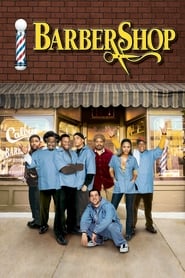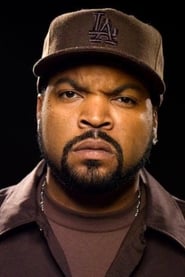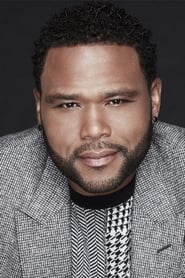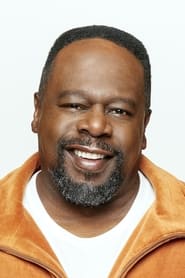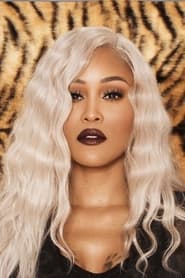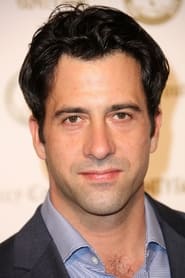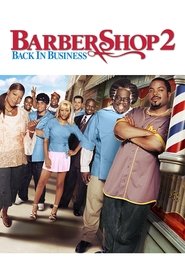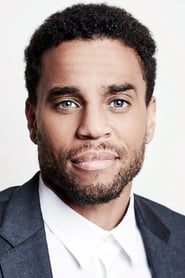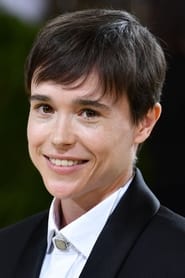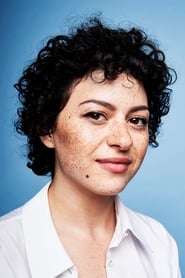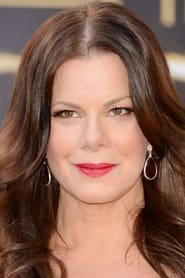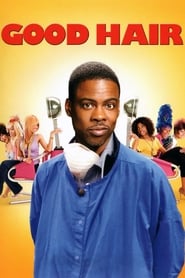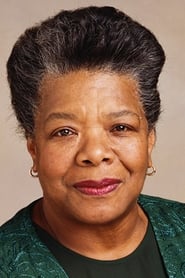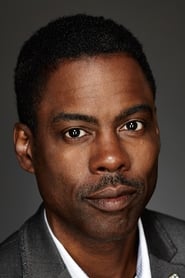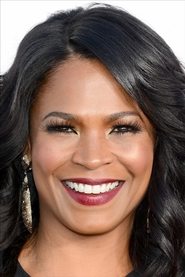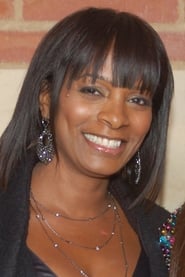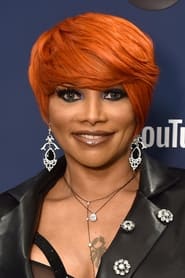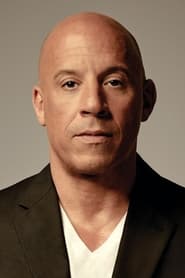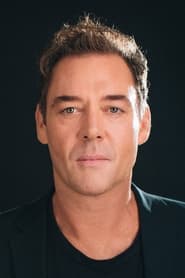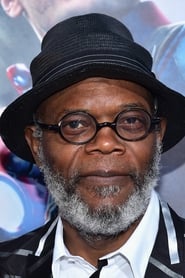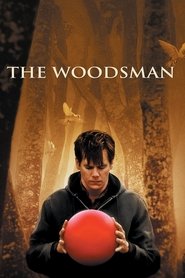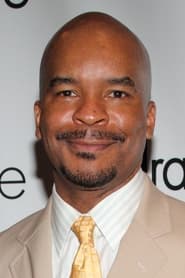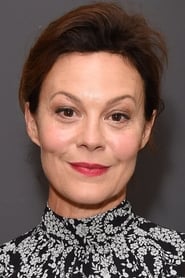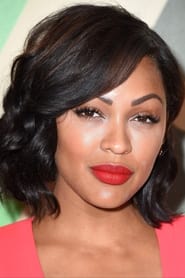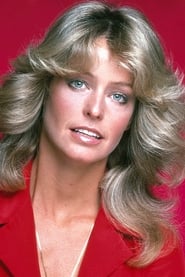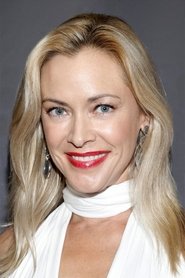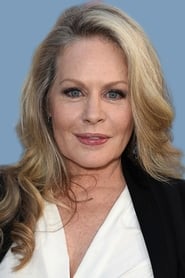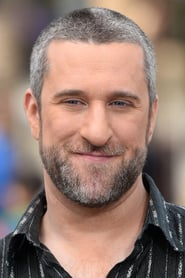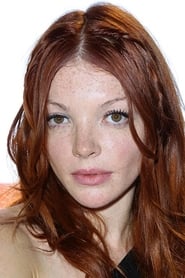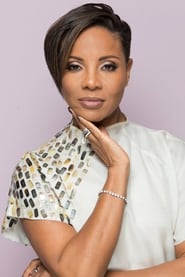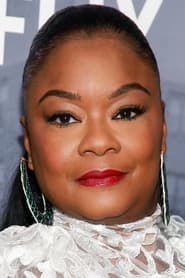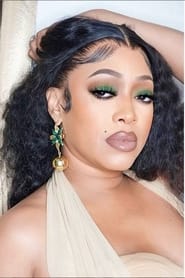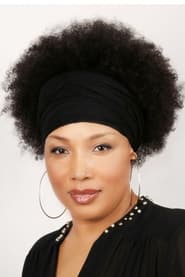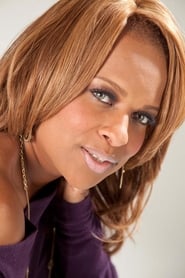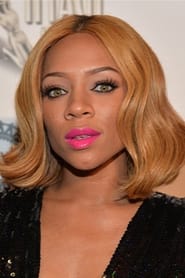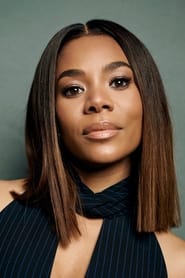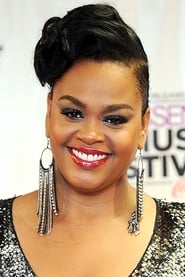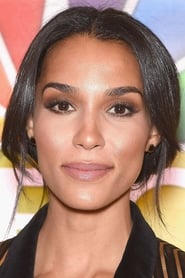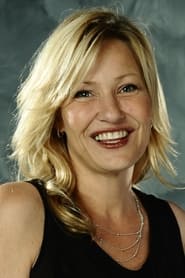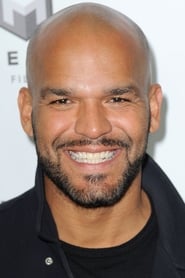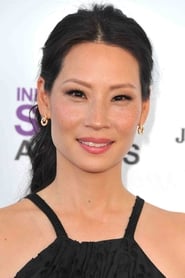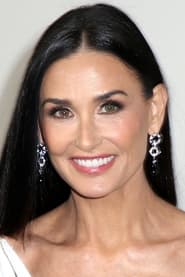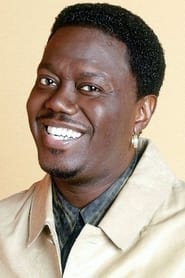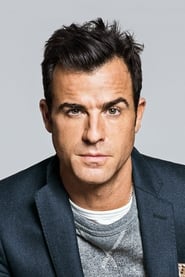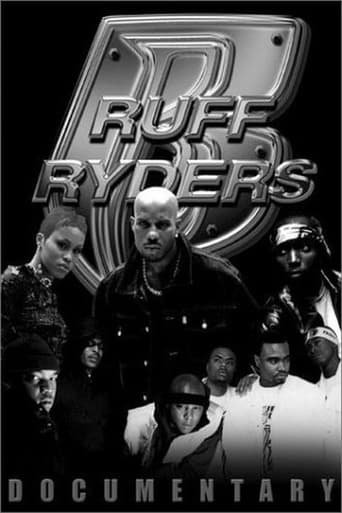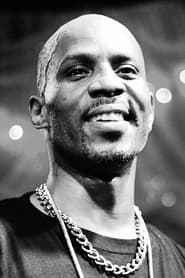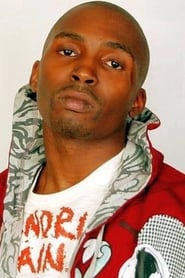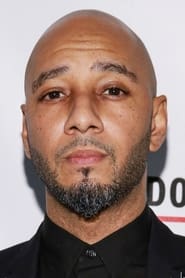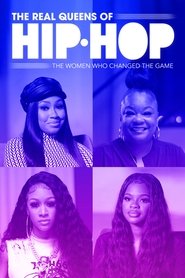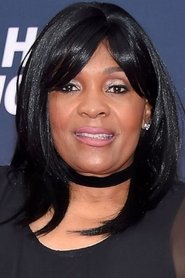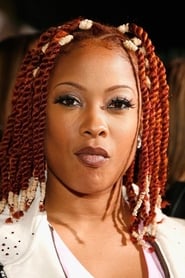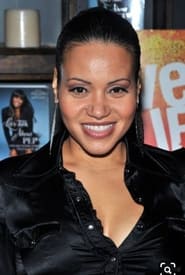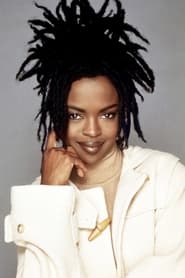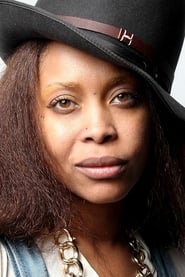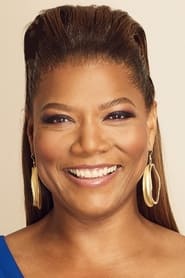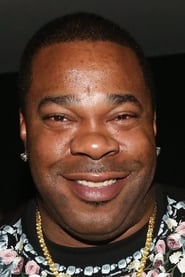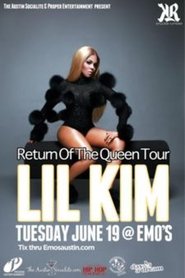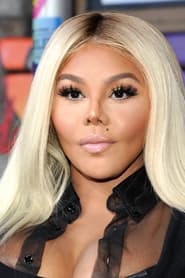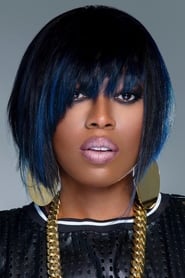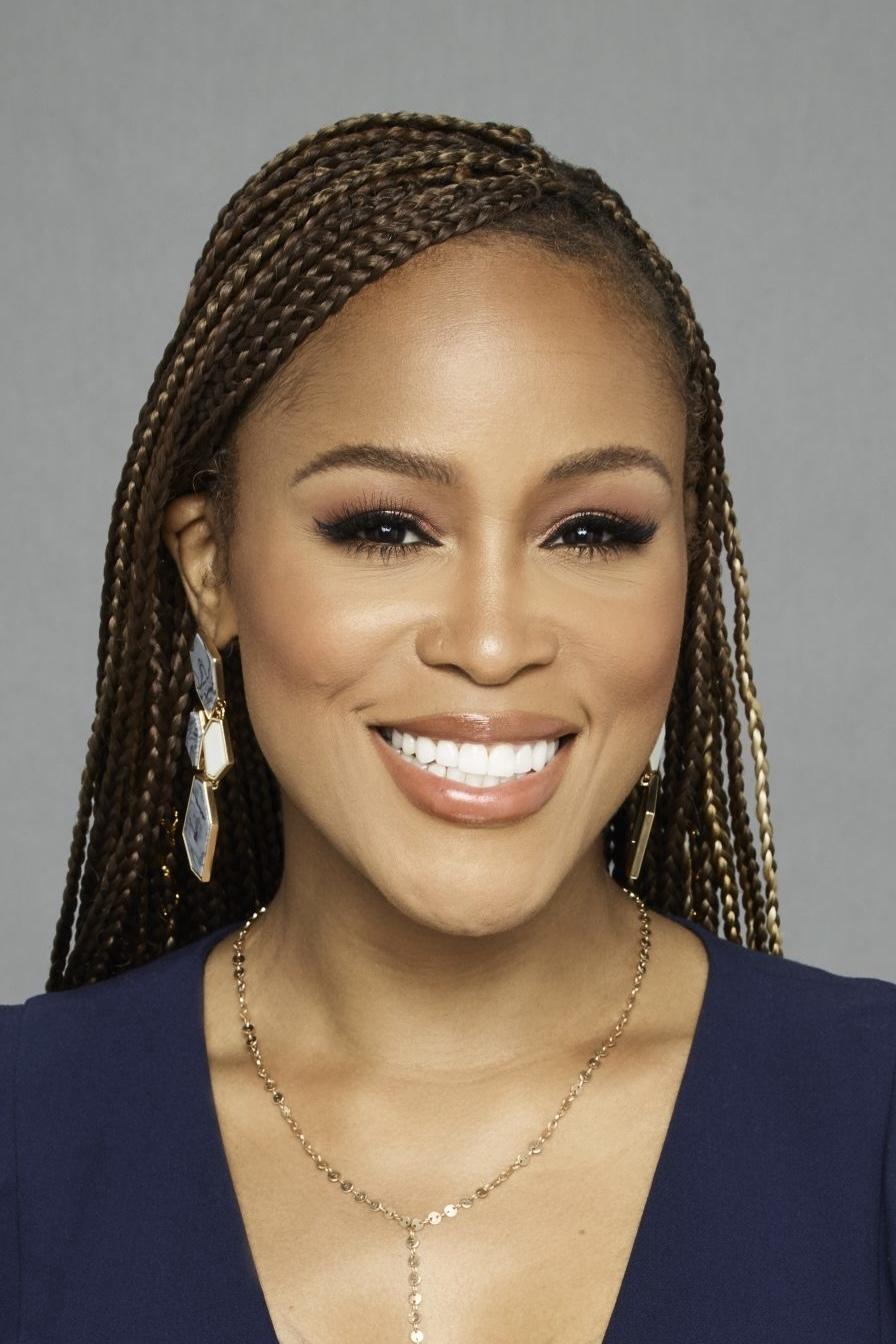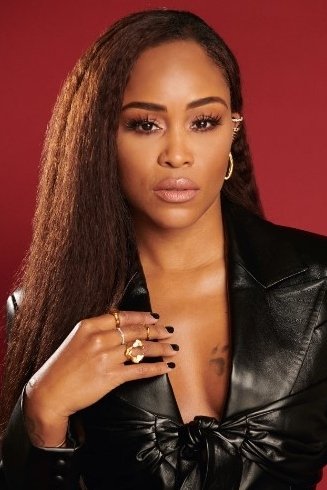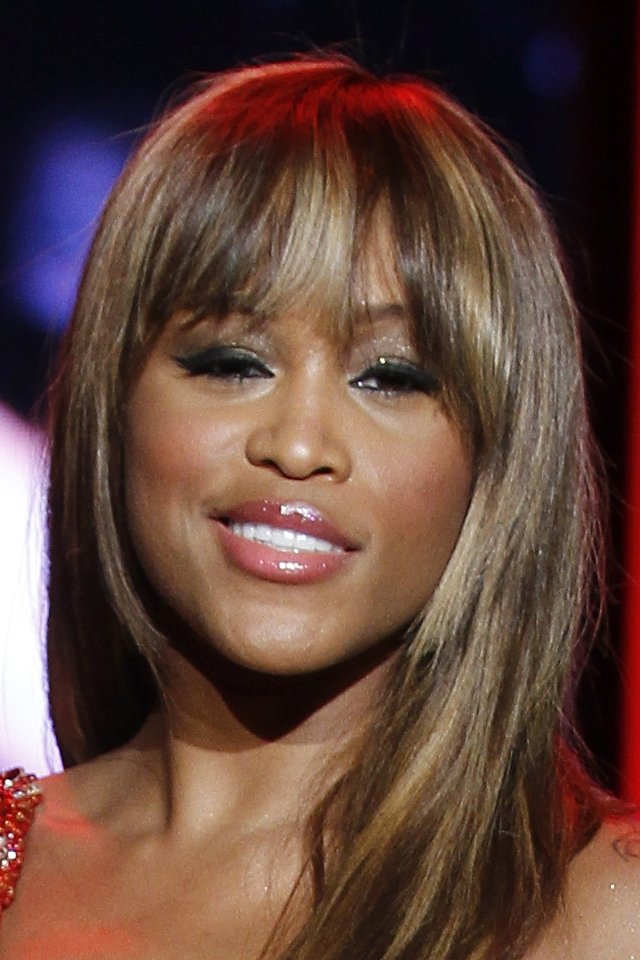A self-proclaimed “pitbull in a skirt” — an epithet better suited to her tomboyish early years than now — Eve was barely out of her teens when she had her first No. 1 album in 1999. By 2002 she had two more hit albums and won a Grammy — her sound and colorful personal style bridging the gap between the feminist Queen Latifah and the more overtly sexual Lil’ Kim. Eve’s music career has since been sporadic, although she has enjoyed success as an actress, most notably in the Barbershop comedy films. In 2014 she married Maximillion Cooper, the British multimillionaire founder of the celebrity motor rally Gumball 3000, and now lives with him in London. “I’m just a regular chick from Philly,” she told the Huffington Post in 2016. “I believe anywhere you’re born, doesn’t mean you have to stay. You can transcend whatever situation you’re in… I’m living proof of it. So I hope that I hold the torch for us women.”
Eve’s childhood was far from easy. Born Eve Jihan Jeffers on November 10, 1978, she grew up in housing projects in Philadelphia. Her parents, Julie and Jerry, were supervisors of a publishing company and chemical plant, respectively, and split when she was 12. She lost contact with her father. She attended the Martin Luther King High School and excelled at poetry; she was also a promising singer and a regular on the junior talent-show circuit, but switched her focus to hip hop at 13, forming a short-lived rap duo, Edjp (pronounced “Egypt”) with her friend Jennifer Pardue.After high school, Eve moved to New York but ended up working as a stripper (a part of her life she does not discuss now). Unhappy with her circumstances, she decided to get serious about a music career and received a break at 18 years old when friends arranged an audition for her with the producer Dr. Dre, who signed her to Aftermath Entertainment under the recording name Eve of Destruction. But she was dropped after a few months — “Dre did not know what to do with me,” Eve told Newsweek in 2001 — though a song she recorded for the label ended up on the soundtrack to the film Bulworth in 1998. It was her first tangible success.Dre’s parent label, Interscope, introduced Eve to the Ruff Ryders label and they signed her up — and worked her hard to prepare her for the big time. “It was like a boot camp,” she explained to Vibe magazine. “They really put me through it as far as being able to write my own music, just like all the other dudes.” In a male-dominated and frequently misogynistic hip-hop industry, Ruff Ryders showed no inclination to treat its first female signing any differently to its other acts, including DMX, Jadakiss and Swizz Beats. “I have always appreciated that they never looked at me like ‘Oh, she’s the girl of the group,'” Eve told the celebrity news site uInterview.com. “They treated me as equal.”
Ruff Ryders’ faith in Eve was rewarded when her single, “What Ya Want,” featuring Nokio the N-Tity of Dru Hill, became a Billboard Top 40 hit in 1999. Her debut album, Let There Be Eve… Ruff Ryders’ First Lady, went to No. 1 on its first week of release in September the same year. Eve became only the third female hip-hop artist to have an album debut at No. 1, after Lauryn Hill and Foxy Brown. Let There Be Eve sold 2 million copies. Eve had made it. She was only 20 years old.
Eve’s second album, Scorpion, dropped in March 2001 and went on to sell 1.5 million copies. Its lead single, “Who’s That Girl,” established her as an international star; the second single, the Dr. Dre-produced duet with Gwen Stefani, “Let Me Blow Ya Mind,” won a Grammy in 2002 for best rap/sung collaboration. That same year she released her third album, Eve-Olution, which went gold; her single “Gangsta Lovin,'” a collaboration with Alicia Keys, reached No. 2. A shrewd businesswoman, Eve invested her money wisely. At 22 she had a house in New Jersey, a retirement plan and a portfolio of investments. “From a financial-stability standpoint, Eve’s ahead of 85% of people in the urban-music business,” her accountant, Horace Madison, told Rolling Stone.
Eve also broke into the acting world in 2002 with an appearance in the Vin Diesel action-adventure flick xXx, and a starring role alongside Ice Cube in the hit comedy Barbershop — she also appeared in its two sequels in 2004 and 2016. In 2003 she had a part in the UPN comedy series Eve (a coincidental title — she played a fashion designer called Shelly Williams). Reviews were mixed. “The good news is, it’s only 30 minutes long,” carped the Hollywood Reporter; but the show ran for three seasons. She launched a clothing line, Fetish, which lasted six years.
After Eve-Olution, Jeffers mostly confined herself to guest appearances on records by other artists, including Amerie, Kelly Rowland and Ludacris. She released a couple of singles, “Tambourine” and “Give It to You” (feat. Sean Paul) in 2007, but her fourth album did not follow as expected. There were differences between Eve and Interscope, which distributed Ruff Ryders, and Eve left the label in 2010. She eventually released the album, Lip Lock, independently, but sales were disappointing.
In 2016, Eve revealed she was working on a new album, and that she is far from done with the rap game. “What kept me away wasn’t something that was conscious,” she told Rap-Up TV. “It was more just life stuff. I moved to another country. I got married. I just needed time to settle.”
